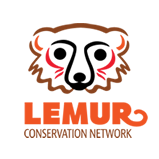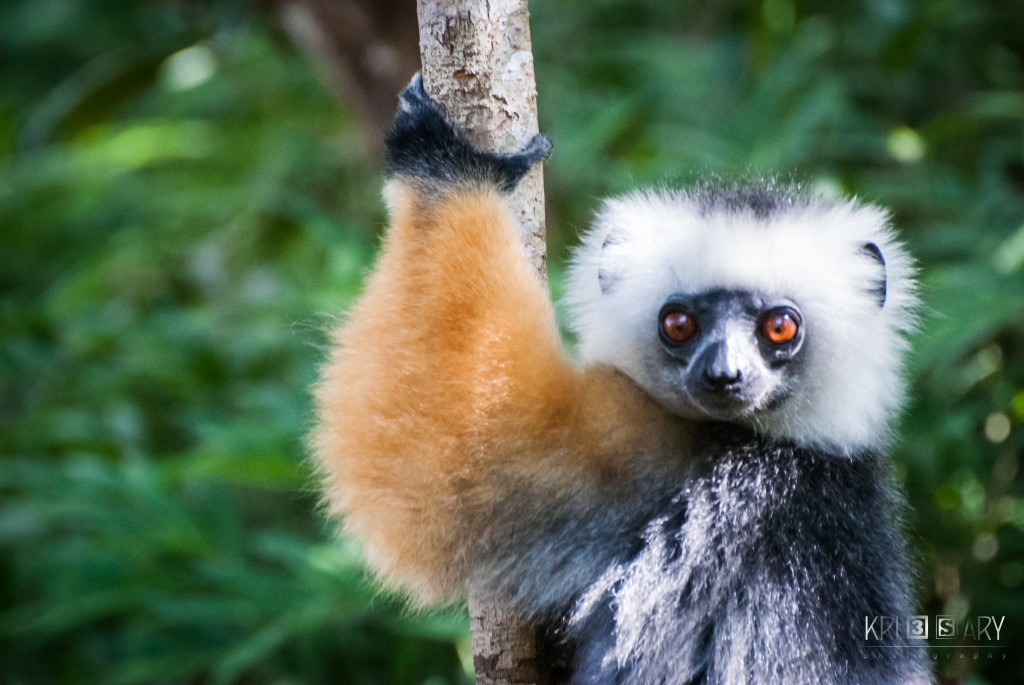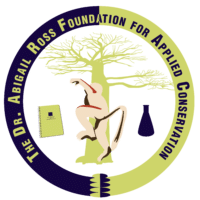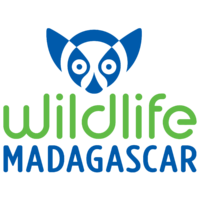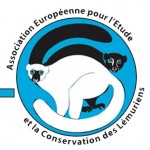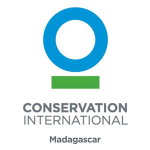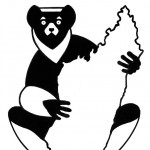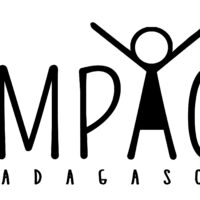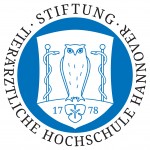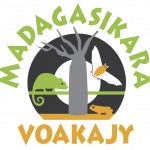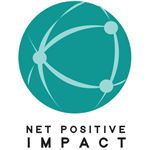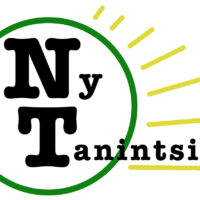Narrow conservation organizations and research groups by lemur species, what they do, and where they work in Madagascar.
- Lemurs they support
- Conservation work
- Community support
- Location
-
ADES
Supporting Member of LCNADES has 3 programs that work to reduce the demand for wood as a cooking fuel: efficient stoves, environmental education, and reforestation. These programs provide low-cost and sustainable solutions to counteract economic and environmental issues related to deforestation in Madagascar.
-
The Dr. Abigail Ross Foundation for Applied Conservation (TDARFAC)
Supporting Member of LCNTDARFAC’s mission is to solve critical conservation problems by cultivating new approaches with innovative techniques and applications through the support of community-led initiatives. We focus on building capacity, amplifying voices, and partnering with local communities.
-
Wildlife Madagascar
Supporting Member of LCNWildlife Madagascar seeks to address Madagascar’s biodiversity crisis by integrating wildlife conservation programs with community development. They conduct scientific studies, provide habitat protection, and partner with local communities in training, resource use, and enterprise to create lasting and sustainable change.
-
AEECL
AEECL conducts community-based conservation in the Sahamalaza Peninsula in northwest Madagascar, including fire prevention, education, reforestation, and capacity building for ecotourism.
-
Ala Buissonnière
Ala Buissonnière inspires, educates, and feeds children in Madagascar through teaching programs and the cultivation of a botanical garden.
-
Aspinall Foundation
The Aspinall Foundation partners with local communities to implement effective, targeted conservation actions to protect a small number of high priority lemur species and their habitats, including greater bamboo lemurs, black-and-white ruffed lemurs, and indri.
-
Conservation International
Conservation International has been working in Madagascar since 1980. Their work includes biodiversity protection, environmental policy, scientific research, grant-giving, publication and community programs, and has impacted over 30 lemur species.
-
GERP: Groupe d’étude et de recherche sur les primates de Madagascar
With nearly 200 Malagasy members, including scientists and primatologists, GERP works with local communities to conserve lemurs and manages the Maromizaha forest in eastern Madagascar.
-
Impact Madagascar
IMPACT Madagascar works in 5 sites across Madagascar to conserve Madagascar’s unique biodiversity while improving the lives of its people. Their projects range from ecological conservation to training and education, from recycling to construction.
-
Institute of Zoology, University of Veterinary Medicine Hannover (TiHo)
The Institute of Zoology at the University of Veterinary Medicine Hannover protects lemurs through on-the-ground research, capacity building, and captive management, both inside and outside Madagascar, with a focus on nocturnal lemurs.
-
Madagasikara Voakajy
Madagasikara Voakajy leads the management of seven protected areas in the Alaotra-Mangoro region and uses evidence-based interventions and stakeholder engagement to target conservation programs.
-
Man and the Environment: Net Positive Impact Program
Man and the Environment’s Net Positive Impact partners with local community organizations in three forests is to ensure long-term forest and lemur conservation and provide sustainable economic activities.
-
Ny Tanintsika
Ny Tanintsika empowers communities to conserve lemurs through capacity building, addressing livelihoods concerns, and promoting stakeholder collaboration and communication. Their project area comprises 32,000 ha of the COFAV and includes the rainforest of 4 municipalities.
-
oloNala
oloNala uses artistic expression to inspire conservation action in Madagascar. Their work include art-based environmental education, community-led conservation, and an environmentally-focused artist residency program.
-
Reniala NGO and Lemur Rescue Center
The Reniala Reserve and Lemur Rescue Center manages the dry forests of the Reniala reserve, rehabilitates lemurs from the bushmeat and pet trade, reintroduces them into the Reserve, and develops alternative livelihood projects such as beekeeping.
